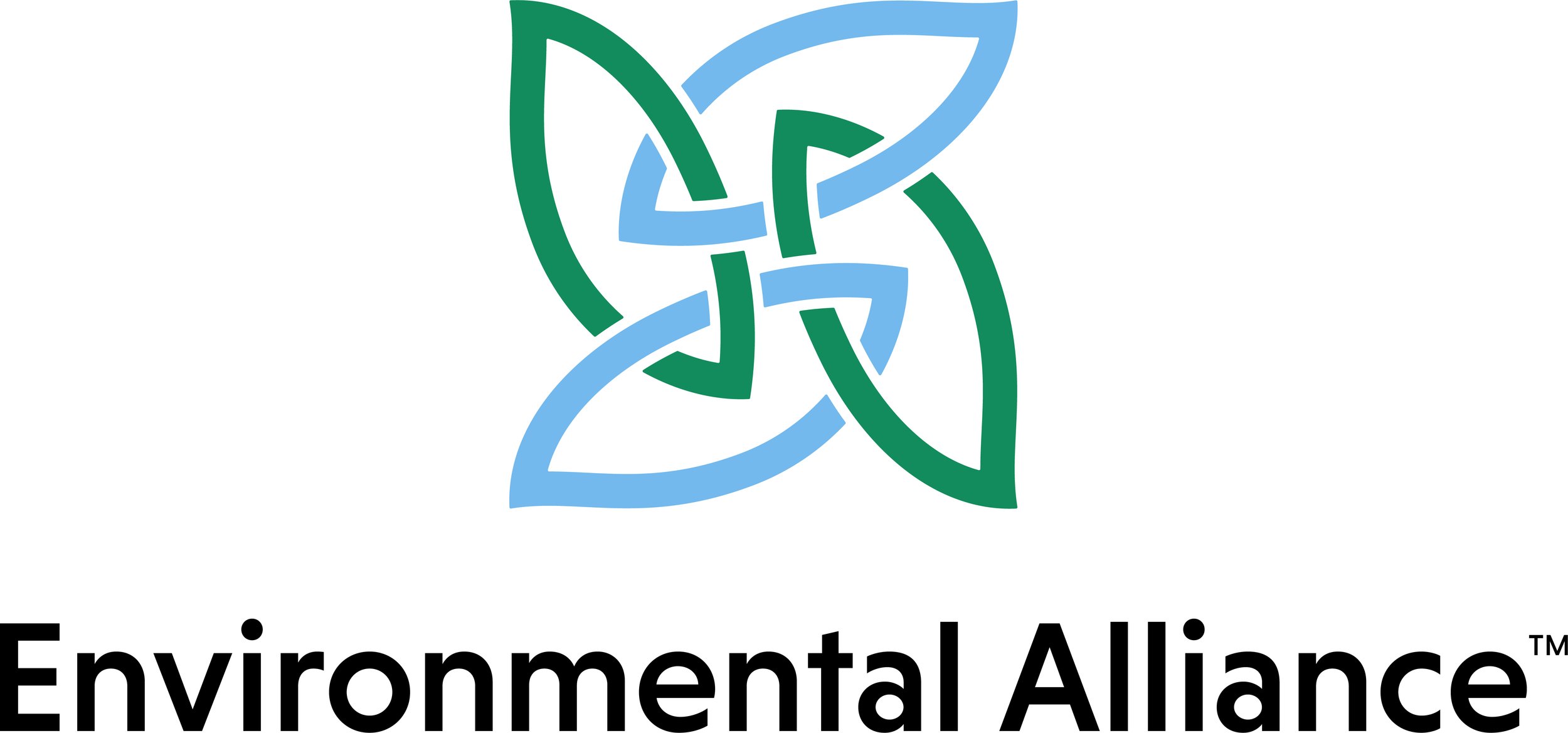Pet Parents: Why It’s Your Doody to “Scoop the Poop"
Photo by Brian Yurasits on Unsplash
Around the country (and world one can assume), there is an ongoing problem with dog waste left on public trails and outdoor areas. It is estimated that 10 million tons of canine waste is produced each year in America, and the droppings that are not picked up leave consequences on both our health and the environment.
We may never know why some dog owners leave piles of dog waste on the ground or more concerning, leave a poop-filled plastic bag on the side of the trail.
Do they intend to pick it back up on their way back down the trail?
Do they think the park ranger is responsible for picking up these bags of dog poop?
Do they simply not want to carry the bag through the rest of their hike or walk?
It’s not clear; but what is known is that dog poop left on the trail, bagged or unbagged, is an environmental hazard.
A common misconception is that dog poop is akin to wildlife waste in the natural environment, but it’s not. Domesticated dogs consume processed and commercialized pet food. This is a major difference considering other animals, such as deer, are herbivores and they consume foliage from their home environment. Wild animals are consuming resources from their home environment, and when they poop, it is returned to that same environment – unlike a dog, whose poop is foreign to that environment.
According to the American Animal Hospital Association, dogs eat nutrient rich pet food to sustain their health, and this pet food leads to excess nutrients such as nitrogen and phosphorus in their waste. So, when dog defecation is left on the ground, these nutrients are absorbed into the environment, causing instabilities in an ecosystem such as algae blooms in rivers and lakes. As a result, invasive species (a living organism not native to that ecosystem) flourish, eventually killing off native plants and fish.
Donate to support CleanUp News
Photo by Lance Grandahl on Unsplash
How does canine waste impact our health?
Similar to human waste, canine waste contains harmful bacteria and potential parasites. Specifically, dog poop contains fecal coliform bacteria that can spread diseases, such as Giardia and Salmonella.
According to Rhode Island Stormwater Solutions, dog waste pollutes creeks and storm drains with these harmful bacteria after a heavy rain or snow melt making it hazardous to swim and fish in rivers, lakes, creeks, and streams.
Given this, it’s apparent how vital it is to our environment and health that we, as pet parents, be more mindful of cleaning up after our pets when out for a walk just as we do at home.
Consider this: Boulder County, Colorado is home to more than 77,000 dogs and it was found that about 26.5% of dog owners were not picking up after their dogs resulting in 60,000 pounds of dog waste left on the ground in Boulder, CO. One reason why this 60,000 pounds of dog poop was left unbagged, was because there was no infrastructure for dog owners to properly dispose of the waste.
Photo by Stephen Leonardi on Unsplash
What can you do as a pet parent?
First, be sure to pick up your dog’s waste, bag it, and dispose of it properly.
Second, do not set your bag of dog poop down and leave it on the ground for someone else to find. This leads to unpleasant surprises for other dog walkers and non-biodegradable litter from the plastic bag.
Before you go out on your walk or hike, take along dog waste bags and keep an eye out for waste bins. Most parks, recreational areas, and trailheads have convenient bag dispensers for dog poop with a waste bin nearby.
Most parks and recreational areas have trash bins strategically located throughout the area, you may find yourself holding bagged waste for a long portion of your walk. Most pet parents find carrying bagged waste to be inconvenient and unpleasant. Consider bringing a backpack or small pack such as a WoofPack, which is specifically designed to hold bagged dog waste until it can be disposed of properly, alleviating the need to carry the waste. This provides dog owners with the appropriate infrastructure to properly handle dog poop dilemmas.
Pet parents love bringing their pups along for a walk or hike, but the inconvenience of carrying a bag of dog waste is a major reason why some pet parents are not so inclined to “scoop the poop.”
However, it is vitally important for our health and the environment that we pick up after our dogs and dispose of waste properly. By observing where waste stations are located and bringing extra waste bags, pet parents can be more proactive about picking up after their dog. Additionally, carrying a dog poop holder like the WoofPack can offer a more enjoyable, hands-free adventure with furry friends.
+5 References
Keep it Clean Partnership. Keep our creeks clean. Clean up after your dog! https://www.keepitcleanpartnership.org/pollution-prevention/scoop-the-poop/
McReynolds, T. (2018). Does a bear poop in the woods? Yes, but your dog shouldn’t. AAHA. https://www.aaha.org/publications/newstat/articles/2018-05/does-a-bear-poop-in-the-woods-yes-but-your-dog-shouldnt/
Moye, D. (2012). Dog Poop: American Pooches Dump 10 Million Tons of Feces A Year. HuffPost. https://www.huffpost.com/entry/dog-poop-tons-feces_n_1440383
RI Stormwater Solutions. Do you scoop the poop? https://cfpub.epa.gov/npstbx/files/Pet%20Care%20Fact%20Sheet.pdf
Siler, W. (2018). It’s Time to Talk About Dog Poop. Outside. https://www.outsideonline.com/2292736/its-time-talk-about-dog-poop
Cleanup News is an all-volunteer organization dedicated to bringing individuals and organizations together with the shared mission to encourage a clean outdoors. We’re growing because of giving individuals that recognize the positive aspects of our mission. CleanUp News is your source for news about the industry.



